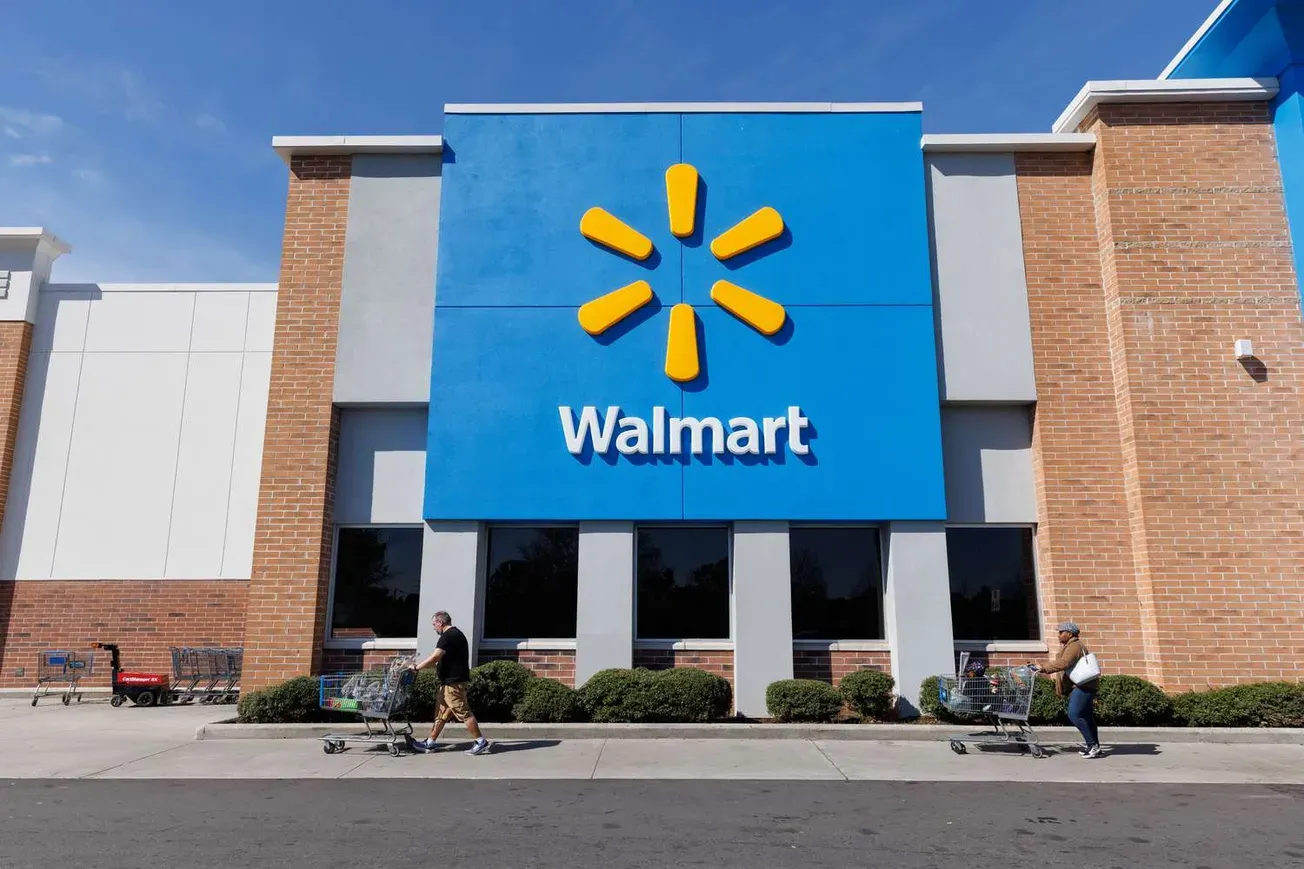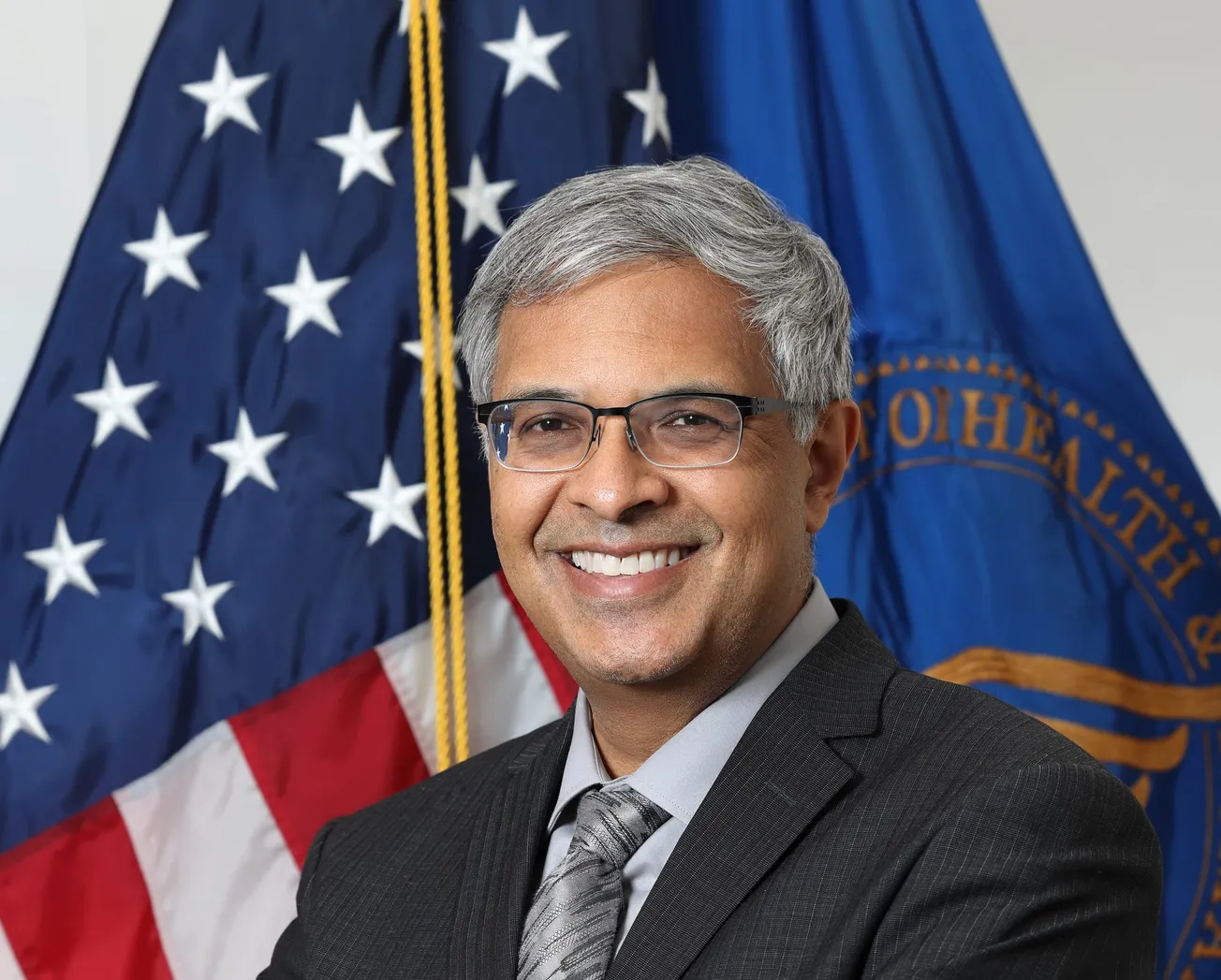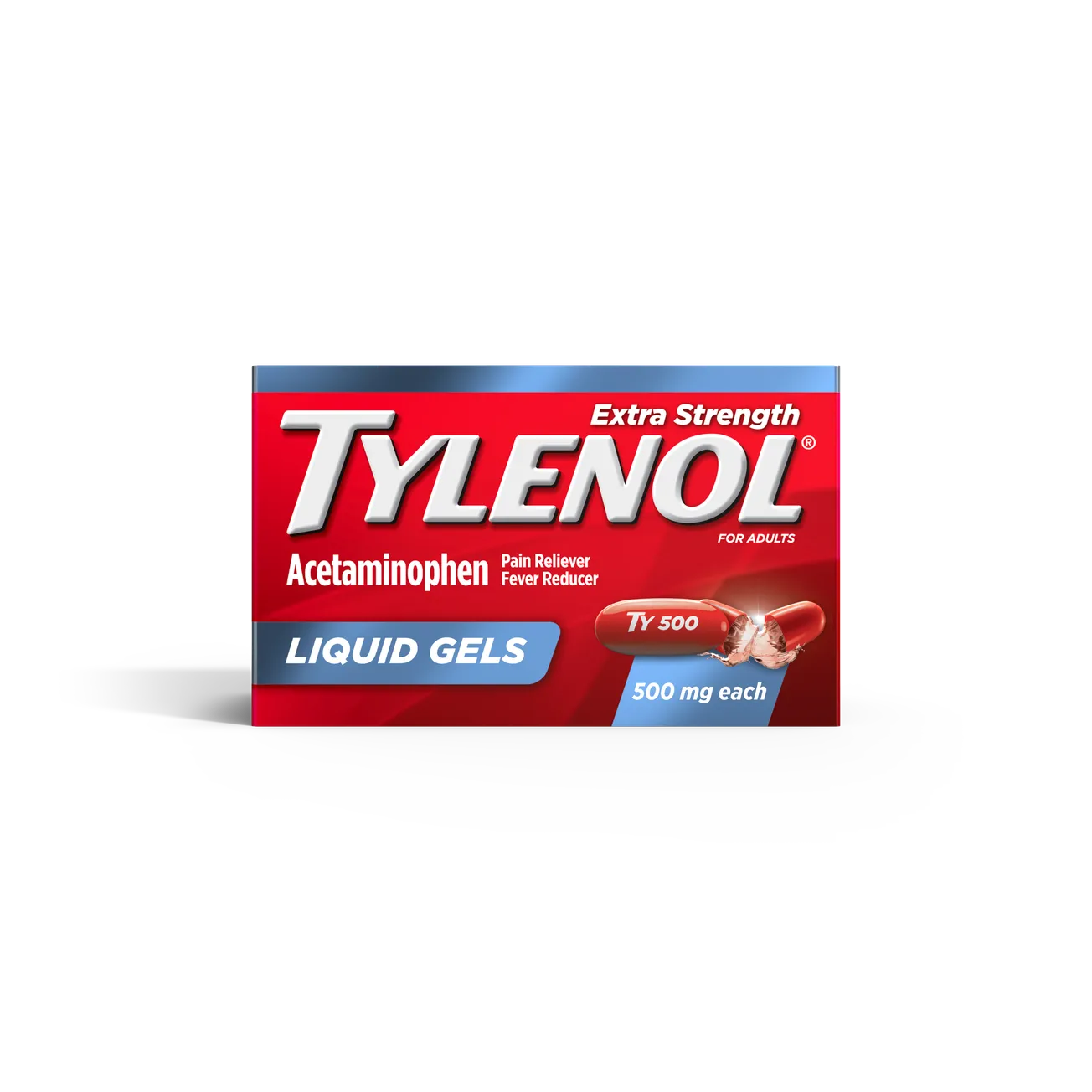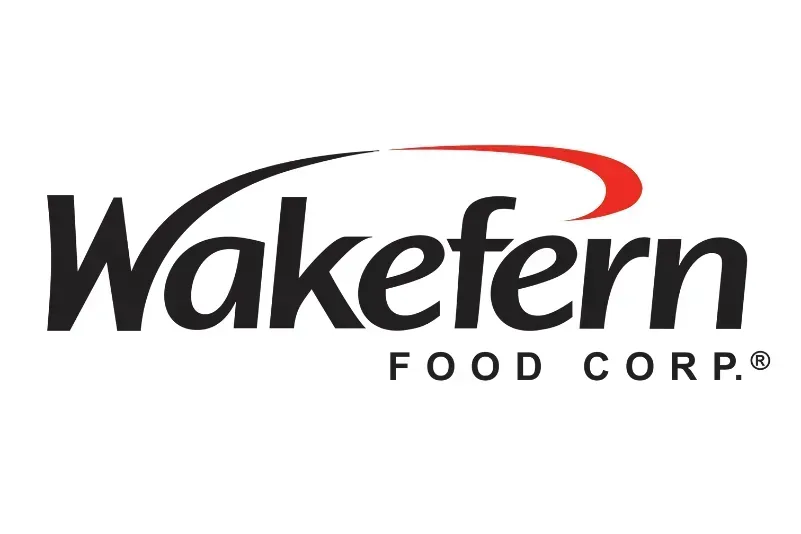TAMPA — Stew Turley, who guided the evolution of Eckerd Corp. for three decades, died last week at his home in Florida after a battle with lymphoma. He was 89.
During the course of his tenure at the retailer, which began in 1966 when he was named manager of non-drug operations, Eckerd grew to 2,778 stores and generated annual sales of $9.6 billion, making it the fourth largest drug chain in the U.S.

In his first assignment at the company, Turley was charged with building non-drug businesses. Acquisitions included J. Byron’s Department Stores, Vision Works and Junction. Seeing growth in the home video category, Eckerd also bought American Home Video, expanding that chain from a dozen to 150 stores.
Turley, who became Eckerd president in 1974, made history three years later by negotiating the merger of Eckerd Drug Corp. and Eckerd of North Carolina. It was the largest retail merger ever at the time, elevating the combined company to the status of the nation’s second largest drug chain with 766 locations.
In the mid-1980s, Eckerd sold off some ancillary businesses to focus on its more profitable core operations. The company then became a hostile takeover target.
Turley responded by negotiating an unprecedented leveraged buyout involving Merrill Lynch Capital Partners in 1986. He then refocused on growth, acquiring Shoppers Drug Mart’s Florida stores later than year, followed by 220 Revco locations.
In 1997, Turley negotiated the sale of Eckerd to JCPenney and subsequently retired.
He was honored three times as Chain Drug Review’s Retailer of the Year. He last received the accolade for the job he did in 1991 firmly reestablishing Eckerd as one of America’s premier drug chains while continuing to prove in the process that a chain operating under the constraints of a leveraged buyout could nonetheless exert a major impact in the retail marketplace.
Further, in the sixth year after the buyout, Turley effectively completed the task of recasting and repositioning Eckerd as a niche retailer, transforming it in the process into a drug chain that understood its consumer and mission perhaps more thoroughly than any other in the nation.
“We’re as comfortable and well positioned today in the retail marketplace as we’ve ever been,” Turley said at the time he was honored. “We know who we are and what our market niche is. We understand that we can’t appeal to every customer. But we also know that we have a very special appeal to the convenience-oriented, time-short consumer who now forms a dominant segment of the shopping public.”









